Introduction
In the high-stakes world of DevOps interviews, “Tell Me About a Time You…” questions serve a crucial purpose. These questions are designed to go beyond the surface of a candidate’s resume and dive into real-world scenarios where their skills and experiences were put to the test. By asking candidates to recount specific situations they’ve encountered in their professional journey, interviewers gain valuable insights into their problem-solving abilities, collaboration skills, and adaptability in challenging environments.
Storytelling plays a pivotal role in showcasing one’s skills and experience during these interviews. Rather than simply listing qualifications on a resume, candidates have the opportunity to bring their experiences to life through compelling narratives. This not only provides interviewers with a deeper understanding of the candidate’s capabilities but also offers a glimpse into how they approach and tackle complex challenges in the real world. As such, mastering the art of storytelling in response to “Tell Me About a Time You…” questions can significantly impact the outcome of a DevOps interview, making it a skill worth honing for any aspiring candidate.
In this blog post, we will be looking at how to answer the “Tell me about a time you…” questions.
Understanding the Common “Tell Me About a Time You…” Questions
In DevOps interviews, candidates can expect to encounter a range of “Tell Me About a Time You…” questions that delve into specific scenarios and experiences. These questions are designed to assess a candidate’s ability to navigate real-world challenges and demonstrate key competencies. Common examples of such questions include “Tell me about a time you had to troubleshoot a complex issue,” “Describe a situation where you had to work under pressure,” and more.
Understanding the underlying skills and experiences that interviewers seek to uncover with each question is crucial. For instance, a question about troubleshooting a complex issue may aim to evaluate a candidate’s problem-solving skills, technical acumen, and ability to remain composed under pressure. On the other hand, a query about working under pressure may be geared towards assessing a candidate’s resilience, time management, and decision-making capabilities.
By recognizing the core competencies and experiences that each question targets, candidates can effectively tailor their responses to showcase their strengths in alignment with the specific skills and attributes sought by the interviewer. This understanding empowers candidates to strategically frame their narratives and highlight the most relevant aspects of their professional journey, ultimately increasing their chances of making a compelling impression during the interview process.
Preparation Strategies
In the context of DevOps interviews, strategic preparation plays a pivotal role in effectively responding to “Tell Me About a Time You…” questions. This entails the meticulous selection and structuring of specific examples from past experiences to vividly illustrate the candidate’s skills and competencies.
Importance of Preparing Specific Examples from Past Experiences
The significance of preparing specific examples from past experiences cannot be overstated. These examples serve as tangible evidence of a candidate’s abilities, allowing them to move beyond theoretical discussions and instead present concrete instances where they have applied their skills in real-world scenarios. By drawing on these specific examples, candidates can provide compelling narratives that vividly showcase their problem-solving prowess, adaptability, collaboration, and other sought-after attributes, thereby fortifying their candidacy for the DevOps role.
How to Identify Relevant Stories from Past Projects or Roles
Identifying relevant stories from past projects or roles involves a reflective process of reviewing one’s professional journey and pinpointing instances that exemplify key skills and challenges. By carefully selecting stories that align with the competencies sought by the prospective employer, candidates can effectively position themselves as ideal candidates for the role. This discernment allows candidates to craft narratives that authentically portray their value and potential contribution within a DevOps environment.
Structuring the Stories Using the STAR (Situation, Task, Action, Result) Method
The STAR method provides a structured framework for articulating experiences and achievements in a comprehensive manner. By organizing narratives around the elements of Situation, Task, Action, and Result, candidates can ensure that their responses are coherent, impactful, and complete. This method facilitates the clear presentation of the context (Situation), the candidate’s specific responsibilities (Task), their actions and decision-making processes (Action), and the tangible outcomes and impact of their efforts (Result). By adhering to the STAR method, candidates can effectively convey the depth of their experiences, leaving a lasting impression on the interviewer.

Sample “Tell Me About a Time You…” Responses
Crafting compelling responses to “Tell Me About a Time You…” questions requires a strategic approach that effectively utilizes the STAR method to showcase one’s experiences and capabilities. Below are sample responses to common questions, along with an emphasis on the importance of quantifiable results and impact.
Question: “Tell me about a time you had to troubleshoot a complex issue”
Response using the STAR method:
- Situation: In my previous role as a DevOps engineer, our production environment encountered a critical system failure during a peak traffic period.
- Task: My responsibility was to swiftly identify and resolve the issue to minimize the impact on our users and the business.
- Action: I immediately initiated a thorough analysis of the system logs, collaborated with the development team to isolate the root cause, and implemented a temporary workaround to restore functionality while the permanent solution was being developed.
- Result: As a result of our swift response and effective troubleshooting, we were able to restore full system functionality within 30 minutes, minimizing user disruption and preventing potential revenue loss.
Question: “Describe a situation where you had to work under pressure”
Response using the STAR method:
- Situation: During a major system deployment, an unforeseen technical issue emerged, jeopardizing the project timeline and placing the team under immense pressure.
- Task: My role involved coordinating with cross-functional teams to swiftly address the issue and ensure the project’s timely completion.
- Action: I maintained a calm and focused demeanor, mobilized the necessary resources, and led a collaborative effort to diagnose and resolve the issue, while also communicating transparently with project stakeholders.
- Result: Through our collective efforts and my leadership under pressure, we successfully rectified the issue, enabling the project to proceed as scheduled and earning commendation for our agility and professionalism.
These sample responses exemplify the effective use of the STAR method in structuring compelling narratives that highlight the candidate’s problem-solving abilities, leadership, and teamwork. Furthermore, the emphasis on quantifiable results and impact underscores the candidate’s ability to deliver tangible outcomes in challenging situations, a quality highly valued in the DevOps domain.
Handling Unexpected or Unfamiliar Questions
In DevOps interviews, candidates may encounter unexpected or unfamiliar questions that require quick thinking and adaptability. Here are some tips for handling such situations and effectively responding to questions for which candidates may not have direct experience.
Tips for handling questions for which candidates may not have direct experience:
- Acknowledge the Lack of Direct Experience: If faced with a question that pertains to a scenario the candidate hasn’t directly encountered, it’s essential to acknowledge this fact upfront. Honesty and transparency can build credibility and demonstrate the candidate’s integrity.
- Highlight Transferable Skills: Even in the absence of direct experience, candidates can draw on transferable skills from their professional background. Emphasizing skills such as problem-solving, adaptability, and effective communication can showcase their ability to navigate unfamiliar situations.
- Relate to Parallel Experiences: Candidates can draw parallels from related experiences in their professional journey to demonstrate their ability to apply lessons learned from one context to another. By showcasing their capacity to adapt and learn quickly, candidates can present themselves as resourceful and versatile professionals.
Strategies for drawing on transferable skills and hypothetical scenarios to answer confidently:
- Emphasize Problem-Solving Aptitude: When confronted with unfamiliar questions, candidates can emphasize their problem-solving aptitude by outlining a systematic approach to addressing the hypothetical scenario. This demonstrates their analytical skills and capacity to devise solutions even in uncharted territory.
- Utilize Hypothetical Scenarios: In the absence of direct experience, candidates can construct hypothetical scenarios that illustrate their thought process and decision-making abilities. By articulating a coherent and logical response, candidates can showcase their capacity to navigate unfamiliar terrain with confidence.
- Demonstrate Learning Agility: Highlighting instances where the candidate quickly adapted to new challenges or technologies can underscore their learning agility. This demonstrates their potential to rapidly acquire new knowledge and skills, a valuable trait in the dynamic field of DevOps.
By employing these tips and strategies, candidates can adeptly handle unexpected or unfamiliar questions in DevOps interviews, leveraging their transferable skills and adaptable mindset to respond with confidence and poise.

Practice and Feedback
In the realm of DevOps interviews, the significance of practicing responses and seeking feedback from peers or mentors cannot be overstated. Here’s a look at the importance of this process and suggestions for refining storytelling and delivery through mock interviews and self-assessment.
Importance of Practicing Responses and Receiving Feedback from Peers or Mentors
- Refinement of Responses: Practicing responses to common interview questions allows candidates to refine their narratives, ensuring coherence, relevance, and impact. Repeated practice enables candidates to internalize their stories, enhancing their ability to articulate experiences with clarity and confidence.
- Constructive Input: Feedback from peers or mentors provides valuable insights into the effectiveness of the candidate’s storytelling and delivery. Constructive criticism and suggestions for improvement can help candidates identify areas for enhancement and fine-tune their responses accordingly.
- Confidence Building: Regular practice and feedback contribute to the candidate’s confidence, enabling them to approach interview questions with assurance and composure. This confidence is palpable during the interview and can significantly influence the candidate’s overall impression on the interviewer.
Suggestions for Mock Interviews and Self-Assessment to Improve Storytelling and Delivery
- Mock Interviews: Engaging in mock interviews with peers or mentors replicates the interview environment, allowing candidates to practice responding to questions in real time. This exercise provides an opportunity to gauge the effectiveness of their responses, receive constructive feedback, and refine their storytelling and delivery.
- Self-Assessment: Candidates can record themselves responding to common interview questions and evaluate their own performance. This self-assessment helps in identifying areas for improvement, such as clarity of expression, conciseness, and the ability to effectively convey the STAR method in their responses.
- Storytelling Techniques: Candidates can focus on enhancing their storytelling techniques by incorporating vivid details, relevant context, and a compelling narrative arc. Employing techniques such as the use of anecdotes, engaging language, and a relatable tone can captivate the interviewer and leave a lasting impression.
By embracing the practice of responses and seeking feedback, candidates can elevate their interview readiness, refine their storytelling and delivery, and ultimately present themselves as compelling candidates for DevOps roles.
Conclusion
The “Tell Me About a Time You…” questions stand as pivotal components of DevOps interviews, offering candidates a platform to vividly illustrate their skills and experiences. Embracing the art of storytelling is a potent tool that enables candidates to craft compelling narratives, thereby showcasing their capabilities in a memorable and impactful manner.
As you continue to prepare for DevOps interviews, we invite you to explore further interview preparation resources available on WandaPrep. Our comprehensive suite of resources is designed to equip you with the knowledge, strategies, and confidence needed to navigate the interview process successfully. From mock interview simulations to expert tips on storytelling and response structuring, WandaPrep is your partner in achieving interview readiness and securing your desired role in the dynamic field of DevOps.
